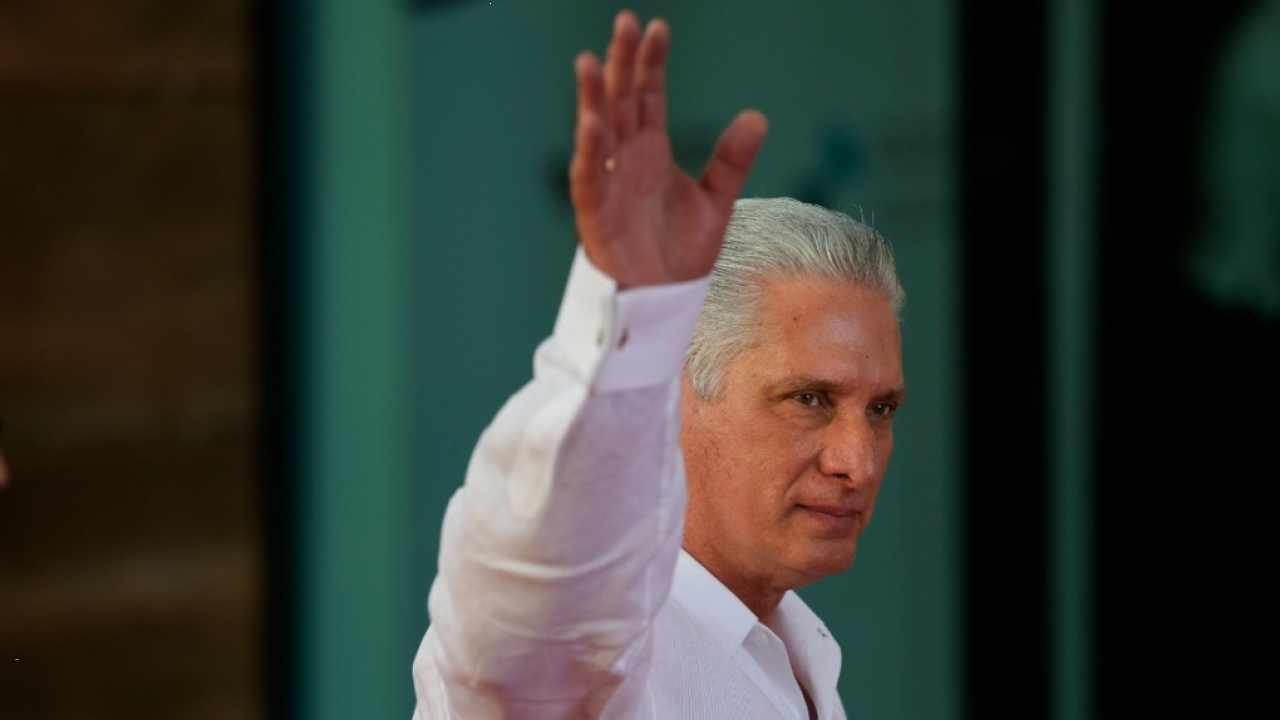Miguel Diaz-Canel
Cuba’s political landscape recently witnessed a significant development as Miguel Diaz-Canel secured a second five-year term as the President of the country. With a parliamentary vote that had him as the sole candidate, Diaz-Canel’s bid to serve as the most powerful man in Havana’s corridors of power was confirmed by an overwhelming majority.
Diaz-Canel’s Second Term Confirmed through Parliamentary Vote
Diaz-Canel’s second term as Cuba’s president was confirmed through a parliamentary vote, with him being the only candidate on the ballot. The parliamentary vote took place in the Communist Party of Cuba-aligned National Assembly, and Diaz-Canel’s bid was approved by an astounding 97.66 percent of votes cast. This resounding mandate reflects the support he enjoys among the ruling party members and the Cuban political establishment.
Announcement of Results and Succession
The results of the parliamentary vote were announced by Esteban Lazo, the president of the National Assembly. Diaz-Canel’s successful bid for a second term makes him the first non-Castro leader of Cuba since the revolution, as he succeeded the brothers Fidel and Raúl Castro. This marks a historic transition of leadership in Cuba and sets the stage for Diaz-Canel to continue shaping the country’s political and economic future.
Voter Turnout and Validity of Votes
Cuban authorities announced the election of all 470 legislators for the National Assembly on March 27, 2023. The initial turnout for the elections was reported to be 75.92 percent, indicating a significant level of engagement among the Cuban electorate. Moreover, just over 90 percent of votes cast were deemed valid, with a small percentage left blank or annulled.
Denouncement by the United States Embassy
The recent elections in Cuba were not without controversy. The United States embassy in Cuba denounced the vote as “undemocratic” due to the absence of opposition parties and the one-party system in Cuba. The embassy took to Twitter to express its concerns and called for real choices in elections with candidates from more than one political party, and beyond the Communist Party.
Controversial Issues in Diaz-Canel’s Second Term
As Diaz-Canel embarks on his second term as Cuba’s president, there are expectations regarding the governance of controversial issues. Regulation of the press and the right to protest in Cuba are anticipated to be key areas of focus. The press has been tightly controlled in Cuba, and the right to protest has been limited in the past. It remains to be seen how Diaz-Canel’s government will navigate these sensitive issues in the coming years.
Month: Current Affairs – April, 2023
Category: Awards, Honours & Persons in News • International / World Current Affairs


